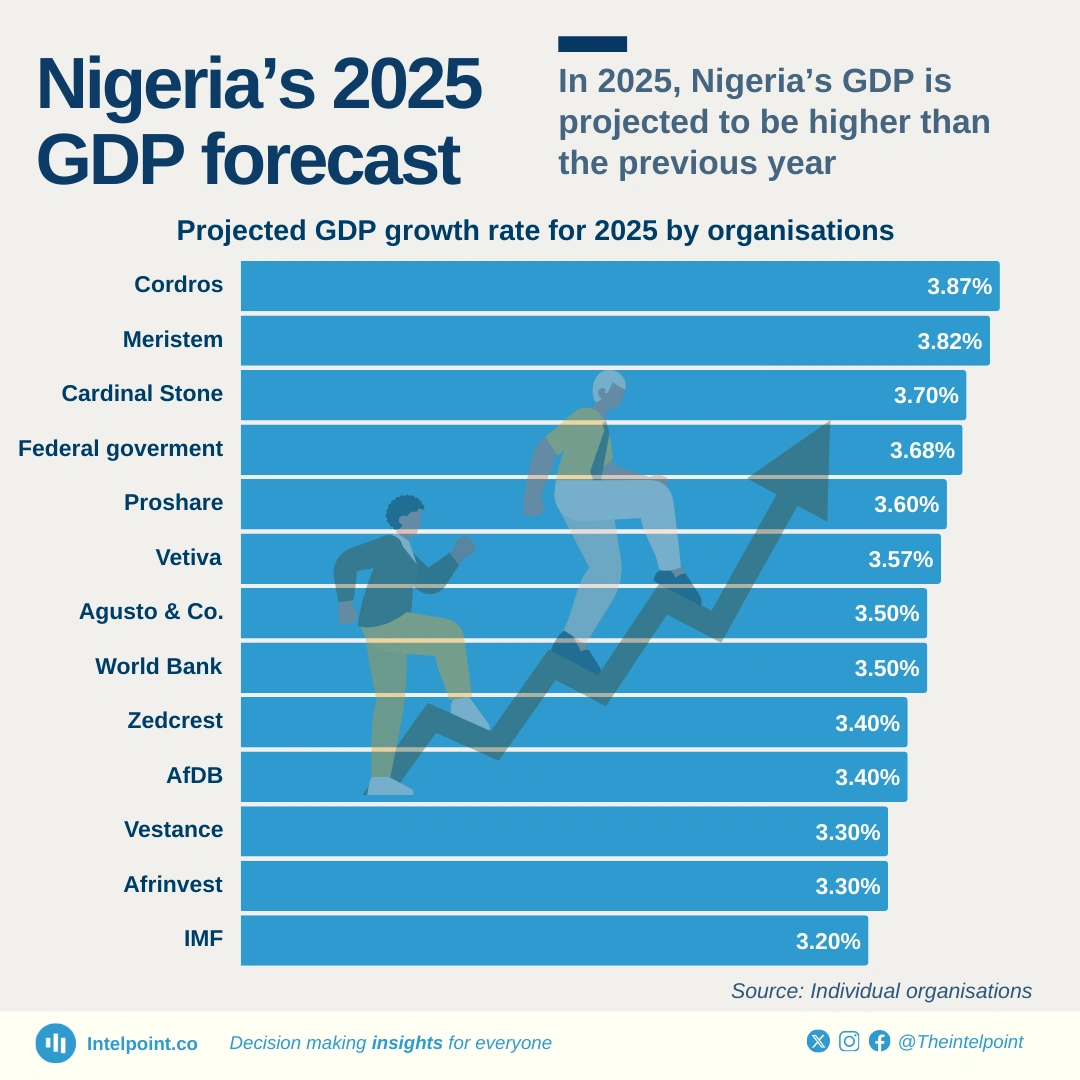BUSINESS

ISRAELI-IRAN CONFLICT: MIXED IMPACTS ON NIGERIAN ECONOMY
The ongoing tension between Israel and Iran presents both risks and potential gains for Nigeria’s economy, says Dr. Muda Yusuf, CEO of the Centre for the Promotion of Private Enterprise (CPPE).
🔻 Risks:
Surging energy costs from rising crude prices could worsen Nigeria’s inflation and interest rates.
Imported inflation will affect production, logistics, and consumer goods.
Tighter monetary policy and high interest rates may strain credit access for businesses.
Non-oil and Middle East-linked businesses are more vulnerable.
Investors turning to "safe haven" assets may impact global markets.
📈 Upsides:
Crude oil prices jumped 15%, boosting Nigeria’s forex earnings and government revenue.
Higher oil income may strengthen Nigeria’s foreign reserves and stabilize the naira.
Oil sector could see stronger investments and returns.
Historically, rising oil prices support GDP growth and stock market performance in Nigeria.
🛢️ Brent crude rose to $74.23 per barrel after Israel’s strikes — far above last month’s average of $63.95.
📊 However, global uncertainty lingers. Analysts warn of potential price hikes in fuel and a difficult balance for central banks between curbing inflation and stimulating growth.
🌐 Nigeria stands to gain from higher oil prices, but inflationary risks and global volatility demand proactive policy response.
"This represents a significant development in our ongoing coverage of current events."— Editorial Board









